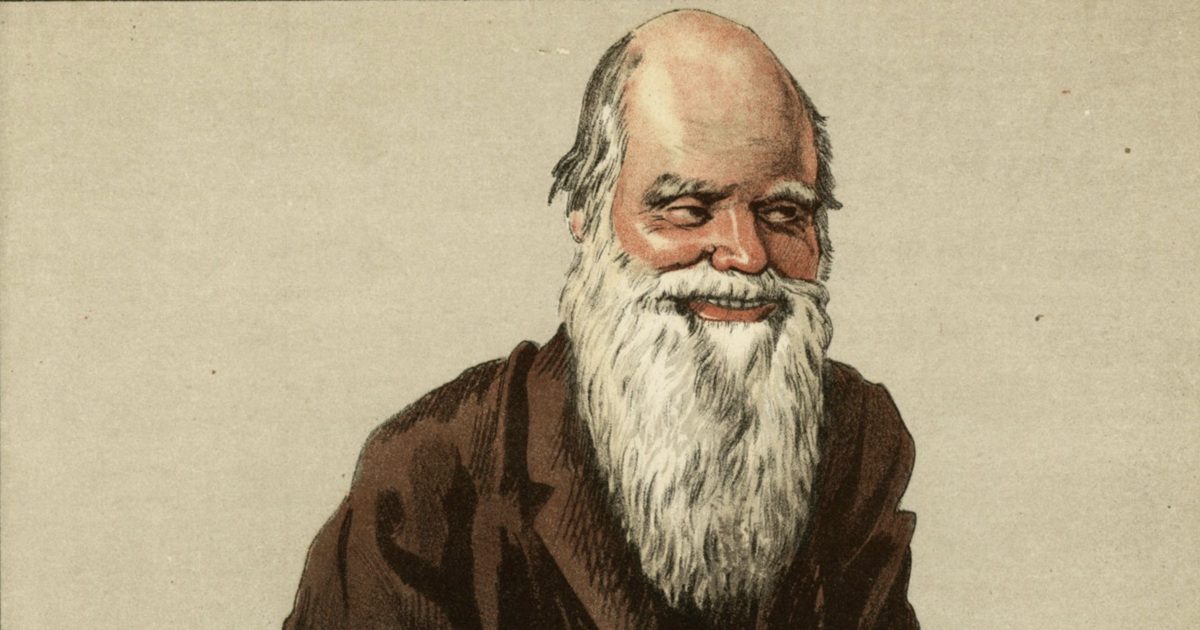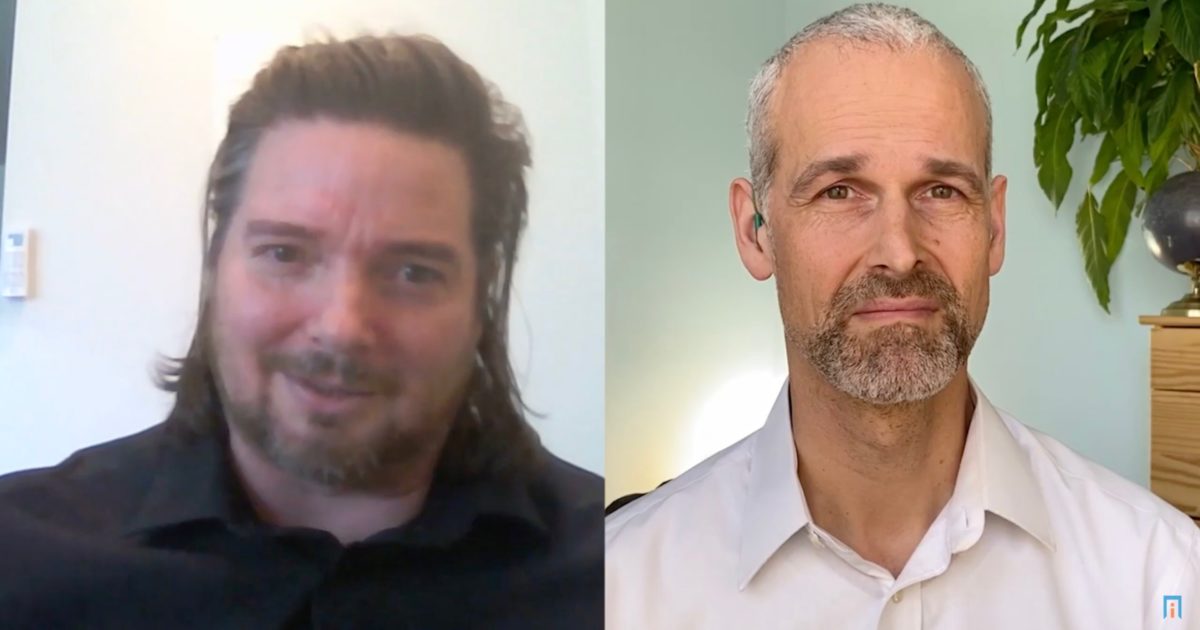
Archives


From Darwinists, a Shift in Tone on Nanomachines

The Silence of the Evolutionary Biologists

Jason Rosenhouse, a Crude Darwinist

The Challenge from Jason Rosenhouse

The Book That Launched a Thousand Barbs

The Success of Mathematics in Advancing Intelligent Design: A Guide to Reading Jason Rosenhouse

Merry Christmas! #8 Story of 2021: An ID Prediction for CRISPR Gene Editing

Why Influence Matters More Than People Realize
How do we go from defending ourselves to persuading others?
How Does Worldview Differ From Cultural Environment?
Confusion about the difference between worldview and cultural environment has been a stumbling block for Christian apologetics
Is Truth Just What Your Peers Will Let You Get Away With Saying?
Sound, logical thinking is NOT the norm. Many people, anxious to remain in good standing with leaders and influencers, live quite happily with incoherence and inconsistencies
What Makes Arguments for God Convincing — or Not
Is truth enough? A look at the unfulfilled promise of Christian apologetics
What Are Science and Faith — And Are They Compatible?

An ID Prediction for CRISPR Gene Editing

Here’s a Terrific Video Featuring Myth of AI Author Erik Larson
Larson, an AI professional, explains why the popular noise we hear about AI “taking over” is hype
Terrific Video Interview with Erik Larson

Why Computers Will Likely Never Perform Abductive Inferences
As Erik Larson points out in The Myth of Artificial Intelligence, what computers “know” must be painstakingly programmed
Why Computers Will Likely Never Perform Abductive Inferences

Are We Spiritual Machines? Are We Machines at All?
Inventor Ray Kurzweil proposed in 1999 that within the next thirty years we will upload ourselves into computers as virtual persons, programs on machines